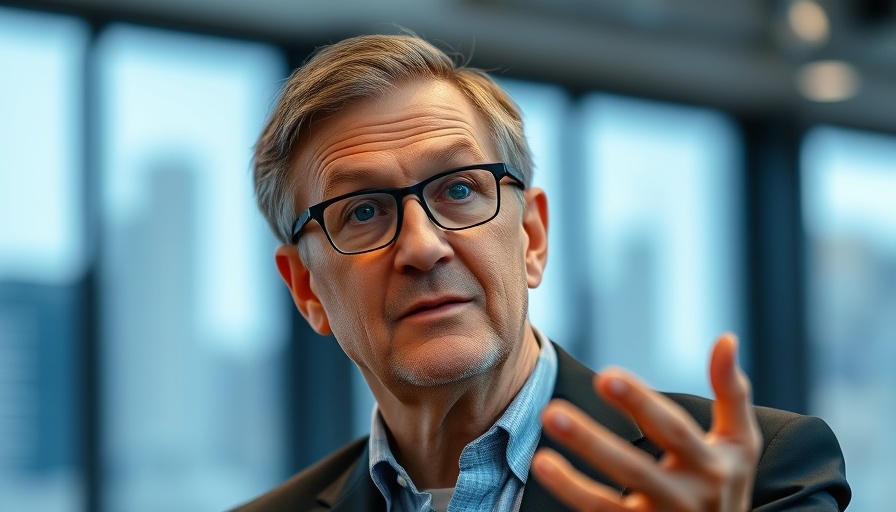
The Vital Role of Family in Overcoming Substance Use Disorders
When it comes to tackling substance use disorders, the traditional notion of an individual "hitting rock bottom" is being redefined. At the forefront of this change is the family-centered treatment approach, which emphasizes the involvement of loved ones in recovery processes. This perspective gained traction during a recent panel at the Health Journalism 2025 conference, featuring the insights of families who navigated the journey through addiction together.
Understanding Family-Centric Approaches
Among the speakers was Joseph Lee, M.D., the president and CEO of the Hazelden Betty Ford Foundation. He explained that rather than viewing addiction solely through an individual lens, recognizing the family’s role serves as a crucial tool for healing. During the conference, participants recounted their stories, illustrating how family-oriented support systems dramatically contributed to their recovery.
Personal Stories that Illuminate Recovery
One poignant example came from Reyna, who spoke about her struggle with alcohol addiction that affected her motherhood. "My drinking left me physically present but emotionally distant," she revealed. Enrolling in Hazelden's Children’s Program meant that Reyna was finally able to gain insights not just for herself but also for her daughter, Miaveya, who had suffered alongside her. Miaveya expressed the pain she felt during her mother’s struggles yet acknowledged that the journey helped her learn the statement that “addiction is not a choice.” This truth empowered her to embrace her childhood, free from guilt.
Building Community Through Shared Experience
The success of family-centered programs lies in their ability to foster community. Families like Reyna’s connect with others in similar circumstances, creating a support network that extends far beyond therapy rooms. During their sessions, participants learn to communicate effectively about complex emotions—without fear or shame—enabling loving interactions and mutual understanding to flourish. These shared experiences not only promote individual recovery but also strengthen familial bonds.
Recognizing the Need for Mental Health Support
In discussions about holistic health approaches, mental well-being cannot be understated. As psychological health impacts physical health, incorporating wellness strategies like mindfulness, stress management, and exercise into recovery programs becomes essential. Strategies such as nutrition, meditation, and emotional well-being techniques are now recognized as integral elements of addiction recovery.
Actionable Insights for Families
Families seeking to support their loved ones dealing with substance use disorders should consider the following:
- Establish Open Communication: Create a safe space for discussions regarding feelings and concerns related to addiction.
- Get Educated: Understand addiction as a chronic disease that requires informed strategies for management—consider participating in educational workshops or support programs.
- Engage in Community Support: Join family-centered recovery groups that offer shared experiences and camaraderie.
The empirical evidence associated with family involvement in recovery suggests promising outcomes. Engaging multiple generations in the healing process can result in improved emotional health and lead to the development of healthier coping mechanisms across family units.
Looking Ahead: Shifting the Paradigm
As voices advocating for family inclusion in treatment continue to rise, the healthcare community is gradually embracing this new paradigm. Increased awareness about these programs can lead to widespread adoption and, ultimately, help redefine societal perceptions of substance use recovery.
In Conclusion: Take Action Today
For families affected by substance use disorders, now is the time to act. Embracing a holistic approach that includes educational resources, emotional support, and wellness strategies can pave the way for long-lasting recovery. Let’s create conversations that matter and build networks that matter. Together, we can transform lives through understanding and collective resilience.
 Add Row
Add Row  Add
Add 




Write A Comment